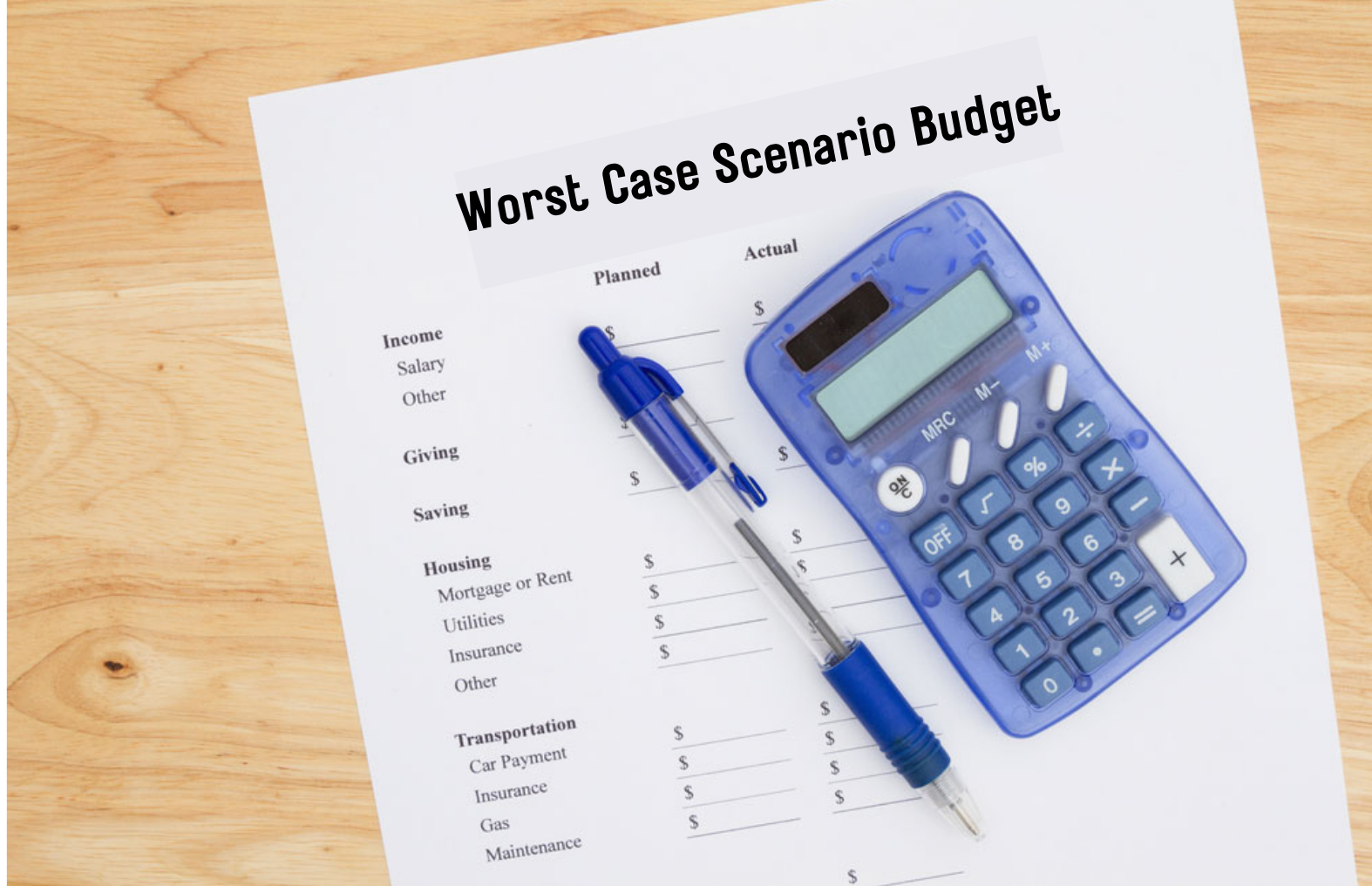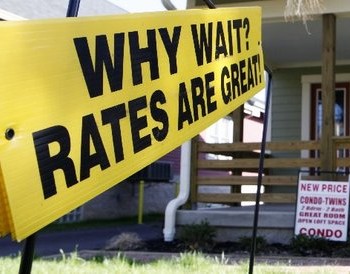They say what goes up must come down and unfortunately, the economy is often no different. While first quarter GDP has already contracted, recessions can be difficult to forecast, especially when it comes to the severity and duration. In fact, data suggests that most economists have difficulty predicting future recessions and early warnings like inverted yield curves or ISM economic data aren’t always effective. For example, an inverted yield curve has limitations as historical data suggests that a recession may occur anywhere between 1 month and two years of when the inversion took place – not exactly a precise indicator. While no one has a crystal ball to predict future slowdowns, recent data suggests that it may be a good time to examine your current financial condition.
Whether you are examining your personal finances or run your own business, no one ever complained about having too much in cash reserves during a recession. From the loss of job or a business slowdown to unforeseen expenses or the opportunity to invest during the downturn, building a cash reserve may be an effective way to protect your finances and your wellbeing. While many experts suggest 3 – 6 months of expenses, preparing for an economic slowdown may require even larger reserves. Variables such as your risk of job loss, cyclical nature of the business you operate and other factors should be considered when determining how much to target. Also, be sure to use FDIC insured direct banks in order to earn rates of interest that can exceed national averages.
Secure Credit
When it comes to credit - no one wants to loan you money when you need it and everyone throws money at you when you don’t. Securing home equity lines of credit, business lines of credit and consolidating debt can all be important items to review before a potential slowdown. Consider giving yourself additional safety nets as they may help protect you against the impact of unforeseen financial difficulties.
An often-overlooked tool that may be effective in helping to manage risk is the process of portfolio rebalancing. The rebalancing process, when implemented correctly, is designed to help bring the different investments that make up an investor’s portfolio back into proper alignment. As the markets fluctuate over time and certain components of the portfolio over-perform and under-perform, the original investment mix changes, altering the amount of risk in the portfolio.
Rebalancing may help investors accomplish a feat that many find difficult to execute — buying low and selling high. It also requires discipline to sell investments that are performing well while exchanging them for others that may have underperformed. Unfortunately, many investors fail to review and rebalance their investments with any regularity.
There are many important considerations when determining an appropriate rebalancing strategy - there is not necessarily a “one size fits all” approach. Despite the importance of implementing an approach that works for you, the three T’s of rebalancing — timing, taxes and transaction costs — all affect the decision-making process so be sure to review with your financial advisor.
 Create a worst-case scenario budget
Create a worst-case scenario budget
This concept is simple – develop an emergency Plan-B for your budget and expenses if something goes wrong. Rather than struggle to determine how you will handle a recession, job loss, business downturn, health emergency, long term care need, or even death, consider creating a budget that strips out unnecessary discretionary spending, curbs savings and ultimately reduces the financial short falls until things can stabilize. Keep this playbook in your back pocket for when serious financial issues arise in the future. Too often, people are slow to adjust their budgets when their personal economy is going through a slowdown.
While there is a significant amount of economic uncertainty, do your best to avoid overreacting. Developing a game-plan and maintaining discipline is key and having a long-term perspective is critical. While it is no guarantee we enter a recession, it is simply prudent to be prepared for the potential of an economic slowdown. Since everyone’s situation is unique, consider speaking to your financial advisor to determine the most appropriate approach for you.
Kurt J. Rossi, MBA, CFP®, AIF® is a CERTIFIED FINANCIAL PLANNERtm & Wealth Advisor. He can be reached for questions at 732-280-7550, kurt.rossi@Independentwm.com,www.bringyourfinancestolife.com & www.Independentwm.com. LPL Financial Member FINRA/SIPC












